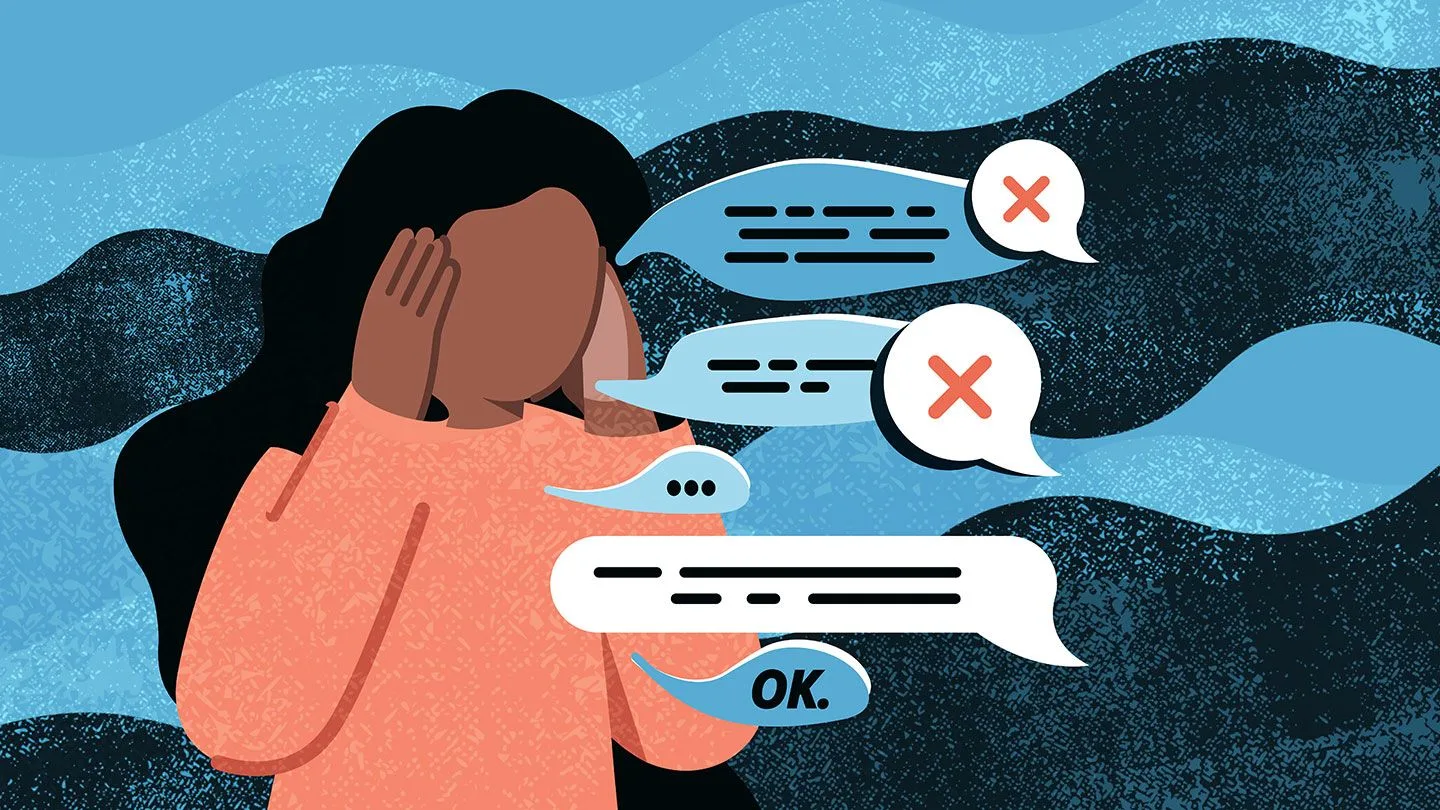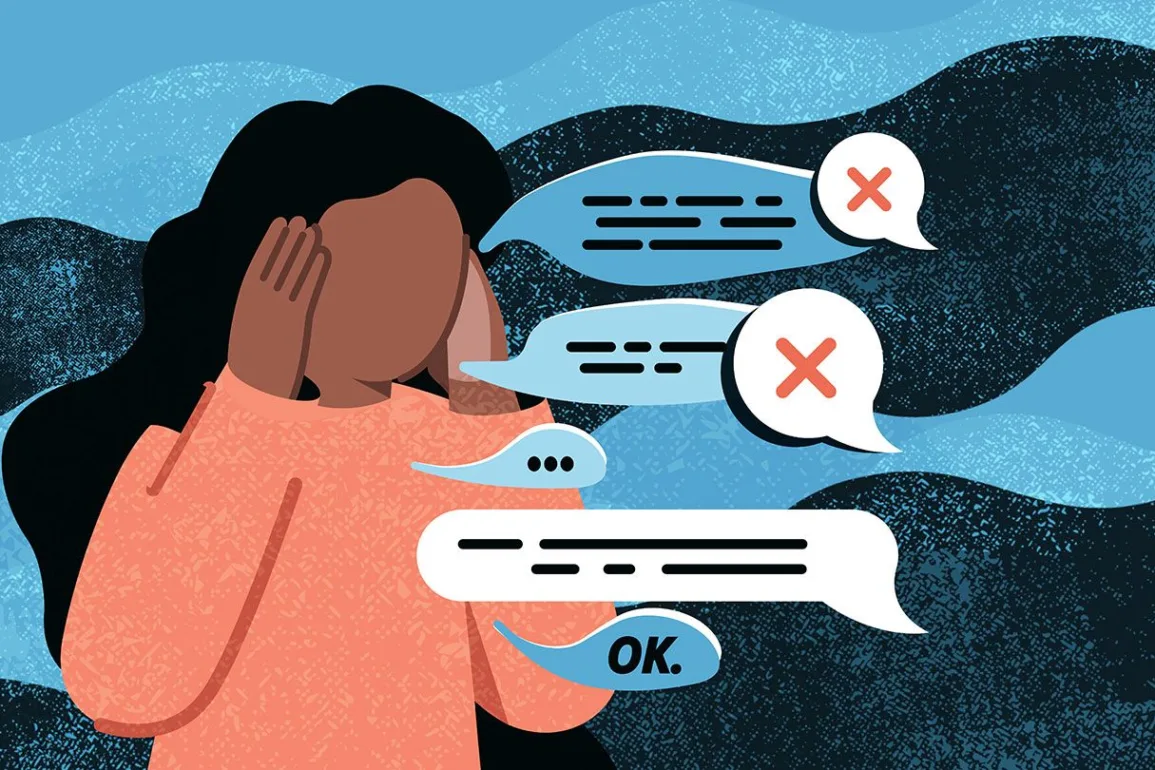
By now, you’ve probably heard of the term “gaslighting,” especially in regards to a relationship, but the word also can also apply to healthcare. Medical gaslighting is when a doctor dismisses or downplays your concerns about your health, leaving you doubting yourself or feeling unheard after an appointment.
While anyone can experience medical gaslighting, it tends to be more common among Black Americans than white Americans. According to a study published in the American Journal of Preventive Medicine, about 12 percent of Black Americans felt discriminated against in a healthcare setting within the past year, compared with just 2 percent of white Americans.
“It happens a lot,” says Ryland Gore, MD, MPH, a board-certified surgeon specializing in breast surgical oncology who is based in Atlanta. “The number of times symptoms are completely downplayed, or Black people are told what they’re experiencing isn’t possible, is extremely staggering.”
Medical gaslighting can have long-term consequences, particularly for cancer care. A doctor who dismisses your symptoms, for example, may misdiagnose you, which can lead to unnecessary procedures and further delay your treatment.
Answer these questions to see if you’ve experienced medical gaslighting in your cancer care — and learn what you can do to advocate for your health.


